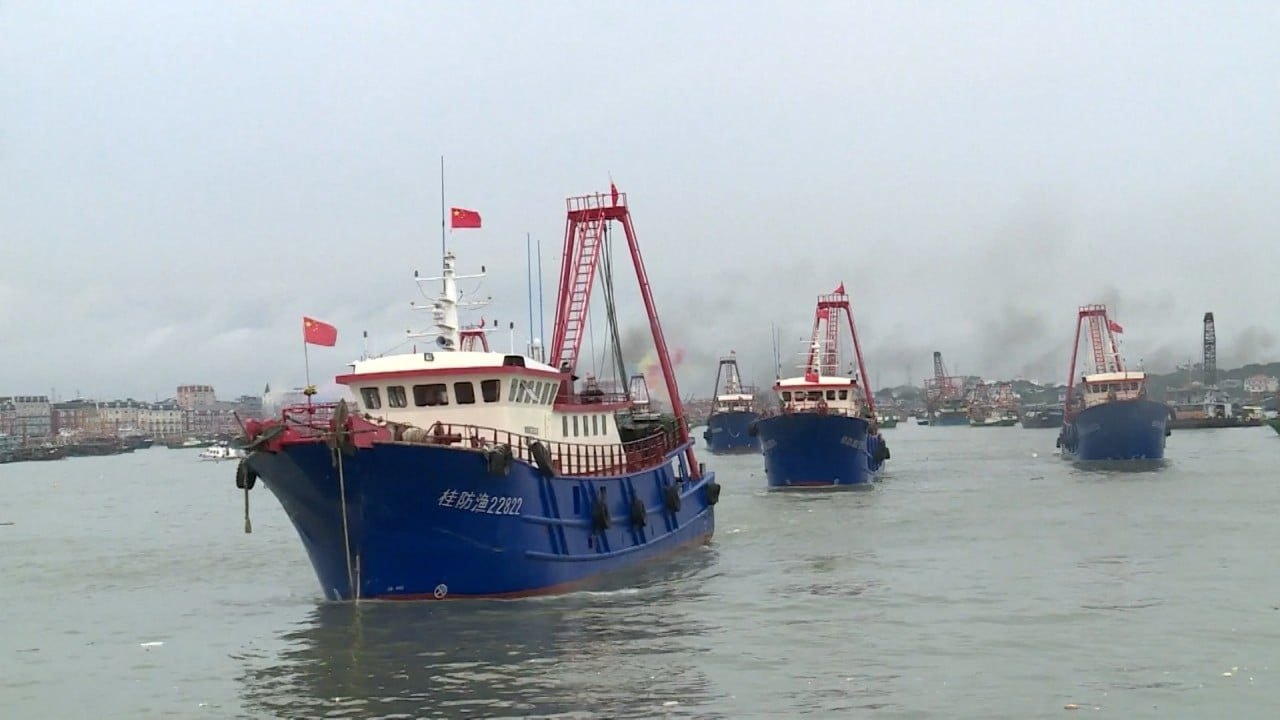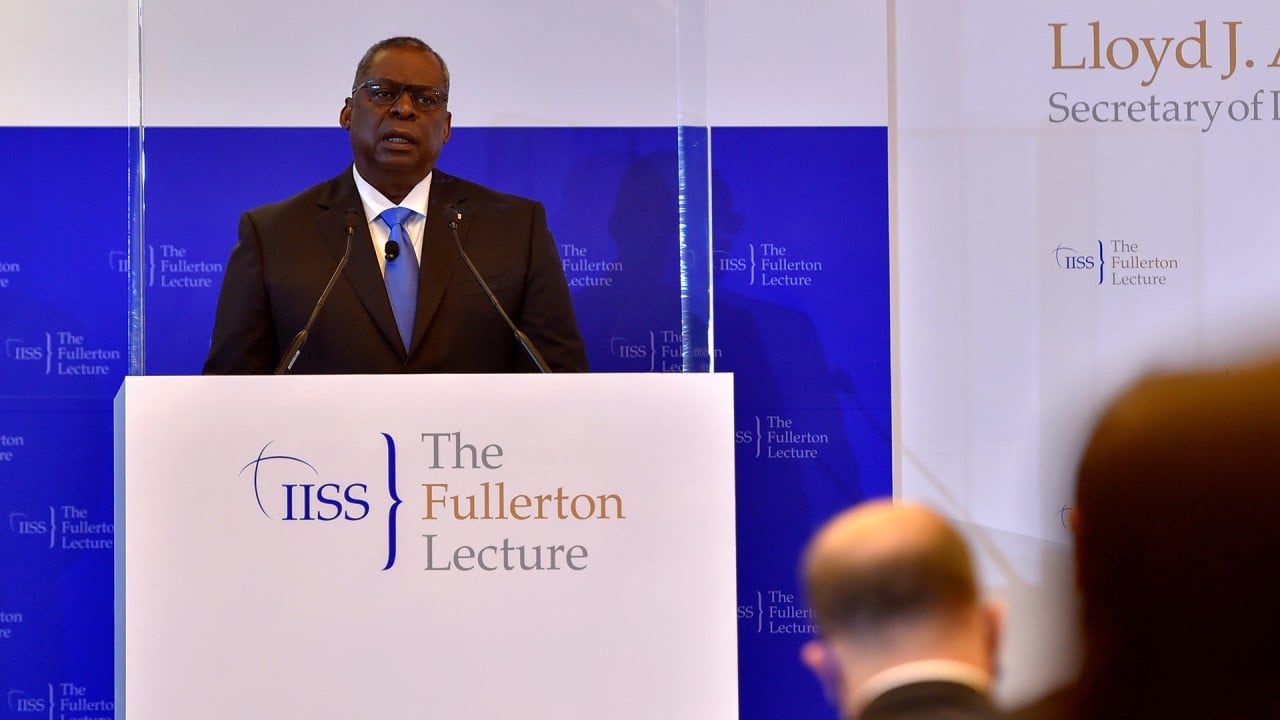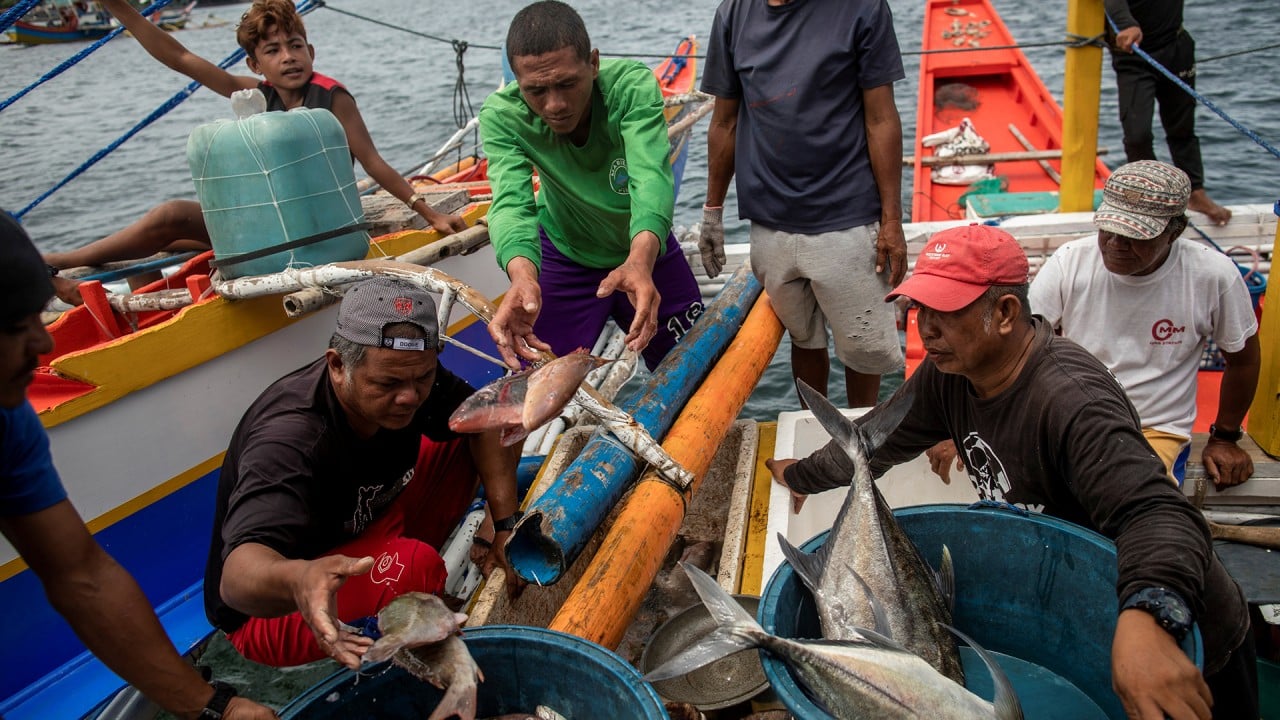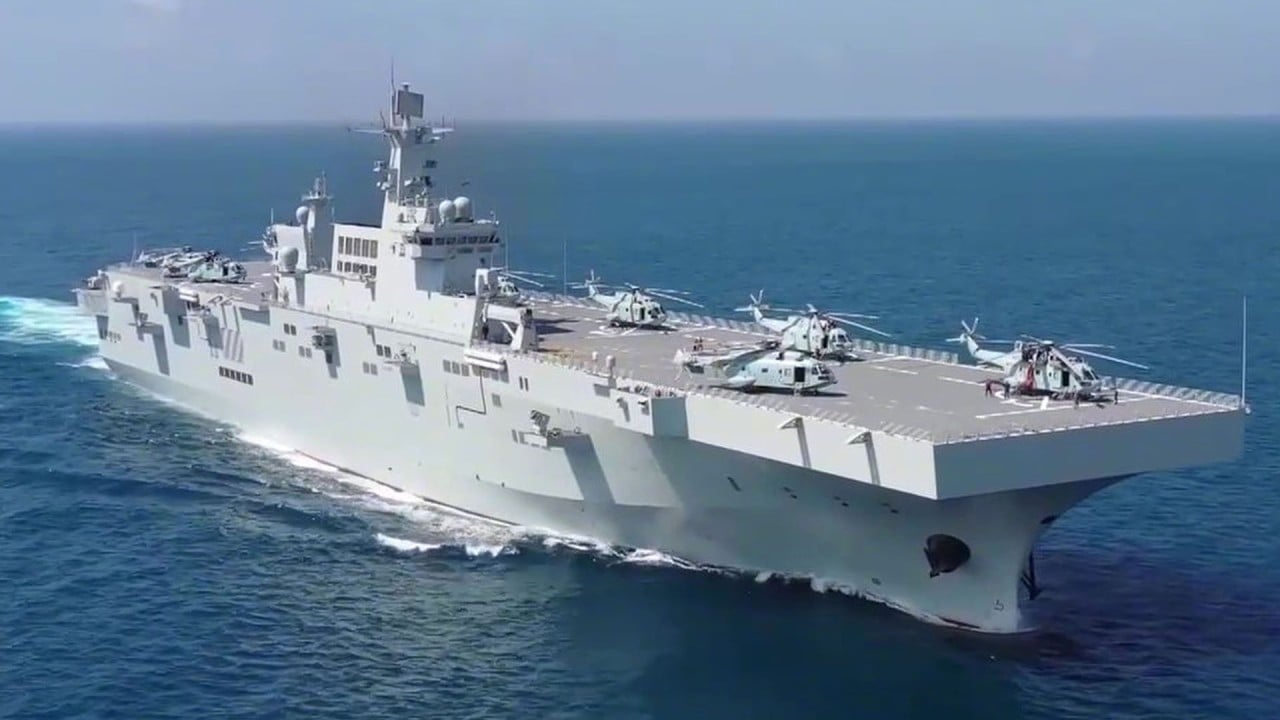
Afghanistan debacle will make US courtship of Southeast Asia all the more difficult
- Despite the recent flurry of diplomatic activity, Vice-President Kamala Harris will have a tough job reassuring allies of US resolve to provide leadership when she visits the region this month, amid the botched withdrawal from Afghanistan
Trade between China and its neighbours has grown exponentially, making the latter vulnerable to Chinese pressure and impairing their ability to stand up to it, but this cannot be construed as subservience or permission for China to violate their sovereignty.
US Vice-President Kamala Harris will visit Singapore and Vietnam this month to reassure Southeast Asia of America’s resolve to provide leadership in the region and check China’s growing assertiveness.
Washington, in particular, wants to deepen ties with Hanoi as China strengthens its military activity in the South China Sea where, as the Pentagon press secretary John Kirby put it, “China continues to be very aggressive in the space”.
Vietnam has received US Coast Guard cutters to bolster its defensive ability against the Chinese naval force operating in waters claimed by both countries. But the Biden administration has also conveyed its human rights concerns to the Vietnamese government.
One reason for the intense diplomatic contact, as a State Department official told Reuters, is that countries in the region “notice when we don’t show up and that’s when you start hearing some complaining maybe about not taking them seriously or taking them for granted”.
The US has also countered China’s vaccine diplomacy by shipping some 23 million US vaccines to Vietnam and other countries in the region.
Austin’s Southeast Asian tour shows a better way for US to counter China
Like Austin and Blinken before her, Harris will underscore the maintenance of international rules in the South China Sea, strengthening US regional leadership and expanding security cooperation.
Countries in the region generally welcome a US military presence in the face of China’s militarisation of the waters and its vast coastguard and fishing fleet.
China’s world power ambitions were encouraged by Trump’s disinterest in Indo-Pacific leadership. His shabby treatment of European allies further hardened China’s belief that America was unable or unwilling to assume global leadership.
Southeast Asian countries have welcomed the Quad’s presence and many experts in the region hope the US leadership role will deter China’s expansionist designs. They do not want mere lip service; sooner or later, China is expected to test the resolve of the US and its friends to stand up to its might.
US experts believe the Quad, which will conduct its Malabar 2021 exercises off Guam in the Western Pacific later this month, can provide an effective, coherent and strong deterrent against China’s expansionist moves in the region.
The developments in Afghanistan have caused trepidation among European and Asian allies who can no longer sleep peacefully at night, knowing that Uncle Sam is keeping guard for them.
The hasty and badly planned US withdrawal from Afghanistan has been widely condemned, raising doubts about America’s reliability. Harris will have a lot of convincing to do when she visits Asia.
Manik Mehta is a New-York-based journalist who writes extensively on foreign affairs and diplomacy





